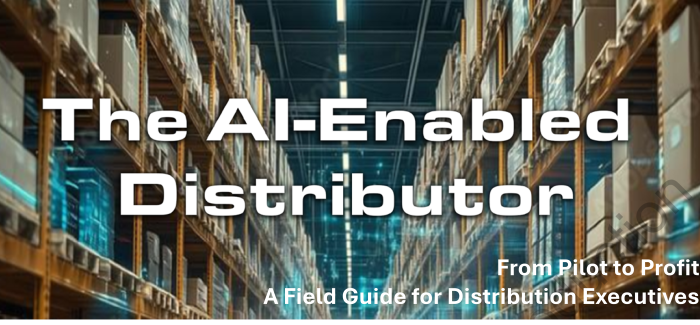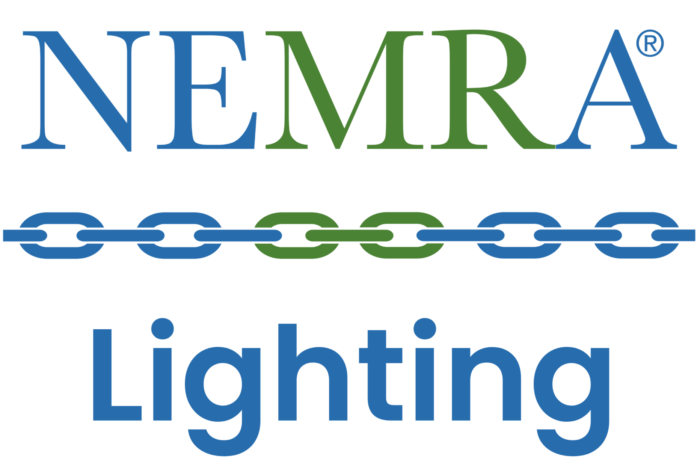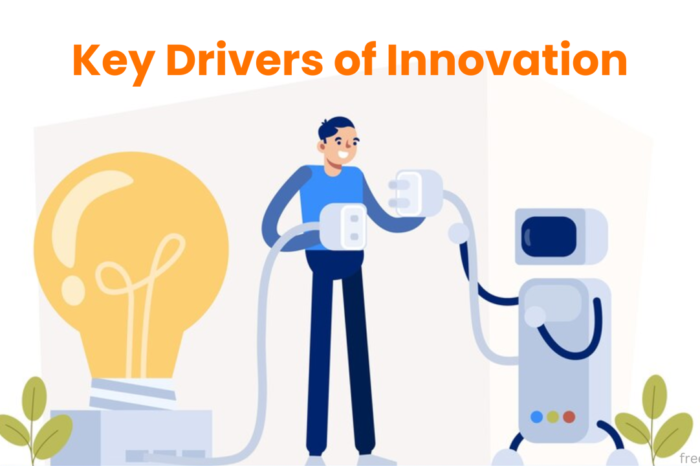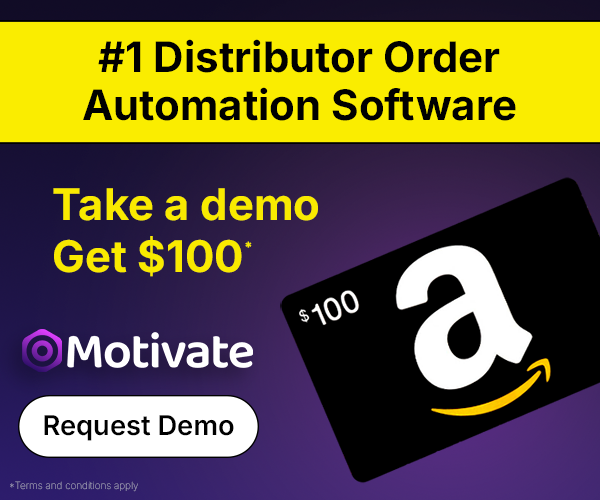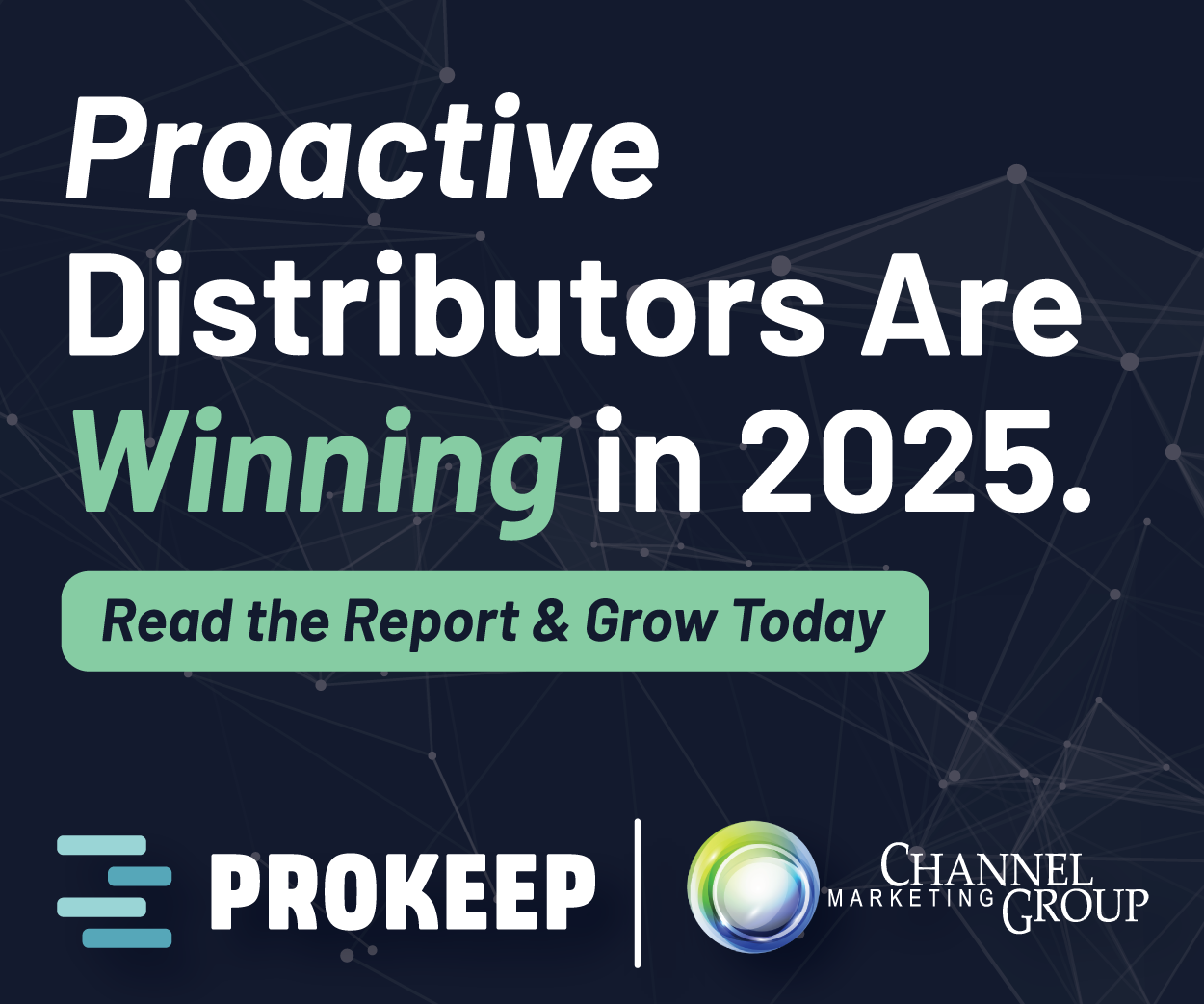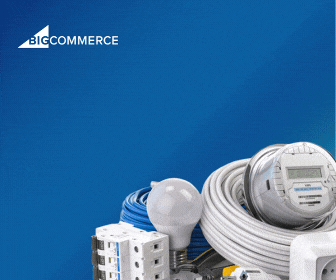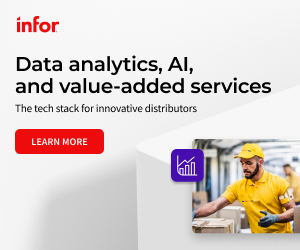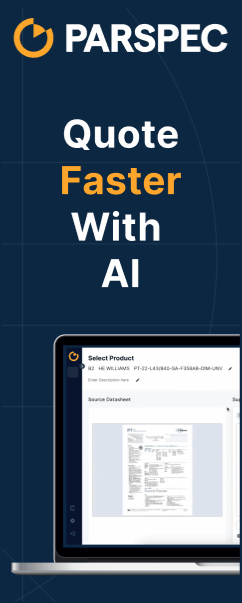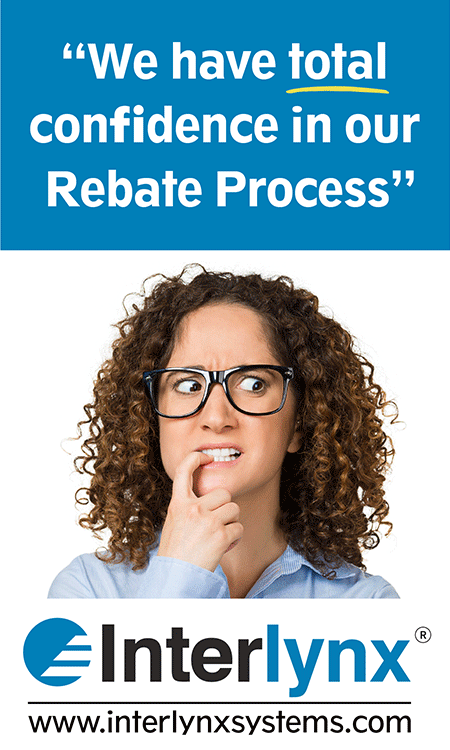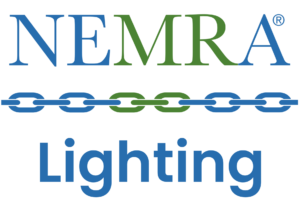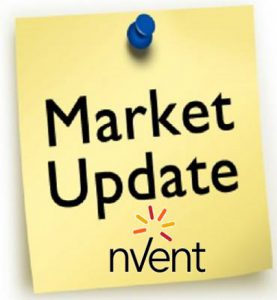IDEA Delivers at eBiz
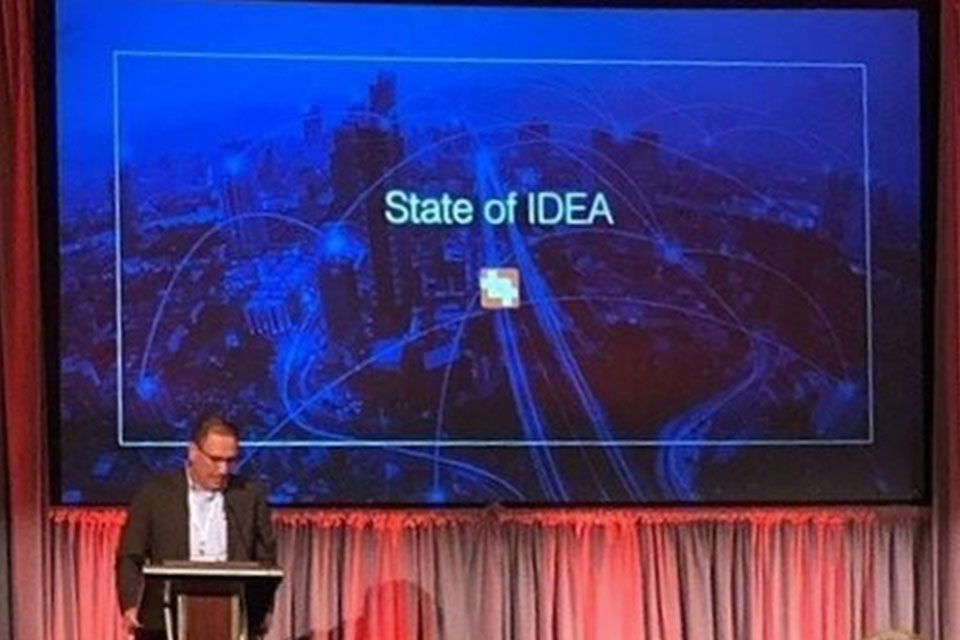
IDEA’s eBiz conference was held last week in Philadelphia and had a record attendance of almost 200 data management and IT people from distributors, manufacturers and service providers attended seminars, heard the future direction of IDEA and the launch of its new Connector service and were able to visit the “Innovation Hub” vendor booth area which featured 15+ technology solution providers.
Although, it was surprising that more distributor and manufacturer data people were not present. Every significant company should have at least one, probably two (responsibility for ERP and eCommerce or a senior and day-to-day person) attend the conference. This should be considered a training conference given the importance of data in the electrical industry … and how everyone complains about data quality. It is perhaps the only time that manufacturer and distributor IT / data / sales operations people are in the same room.
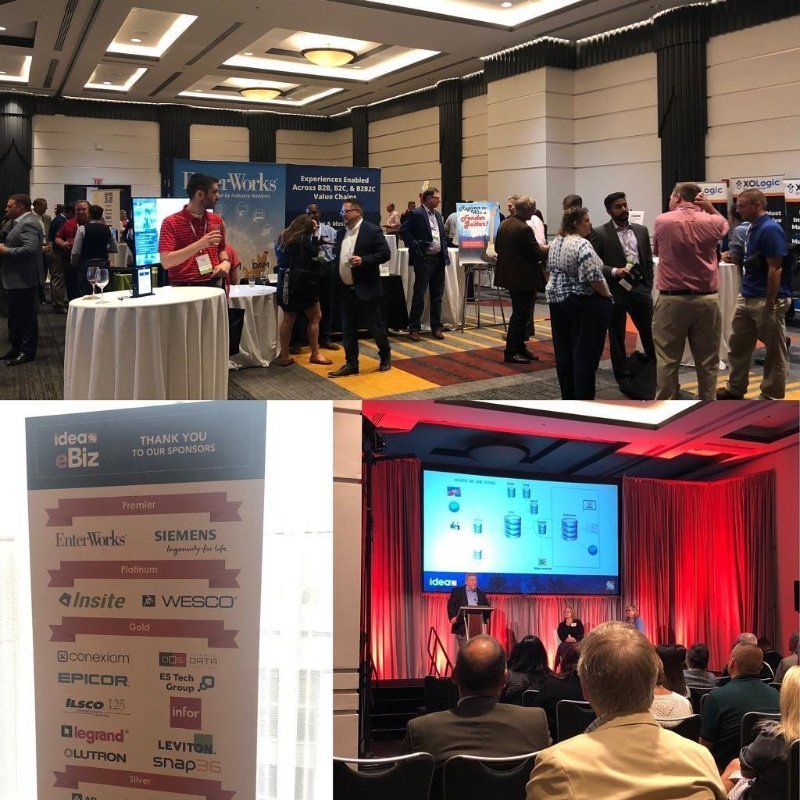
Some highlights
Tuesday kicked off with IDEA’s “state of the union” as well as a fun guest speaker whose take on the 4-type personality assessment was truly “for the birds.”
- IDEA’s current president/CEO Paul Molitor shared that IDEA is in a “state of transition” as it launches its new Connector service to enable an expanded IDEA vision which is to focus on the point of installation, essentially offer a platform with increased flexibility that will allow content to be stored that is beneficial “down to the contractor (hence BIM files and other data used in contractor estimating systems) so that end-user / installer information can be disseminated.
- To do this a new platform was needed, hence Connector which is touted as a new era of technology upgrades and process improvements at IDEA.
- The IDEA Connector team covered highlights of the new platform, mentioning a total of 4.1 billion attributes being downloaded each year by distributors, and 82 million/yr being imported by manufacturers into what was the IDW (for about 1.5 million SKUs in the system)
- Acknowledging limitations of its “old system”, the new system has improved administrative access, API capability and is “flexible, scalable and repeatable”
- New interface with cleaner UI, better security and “everything in one place” – with a data quality tool for distributors to provide feedback to manufacturers. Also working on a learning center library for onboarding and training new users.
- IDEA held a Users Group to launch the conference.
- The group also acknowledged the need for technology partners to help with the future vision and tools/capabilities not yet built, like Syndication and eCommerce data exchange, translations, etc. – opportunity to leverage industry partners for expertise and cost savings
- Merrick Rosenberg, Take Flight Learning, talked about how to recognize and play to personality styles in order to better connect and communicate with others. The rest of the conference was amiably sprinkled with references to ourselves and those around us as eagles, parrots, doves and owls (the different personality types).
One breakout session, “The Journey to Improve Data Quality” with IDEA’s Gail Mayo, was a “deep dive” into the data quality issue, which turned into a rather lively exchange about some of the issues, pitfalls and workarounds from manufacturer and distributor viewpoints. With similar points being echoed throughout the conference, and perhaps is the core of why attend the conference and the where IDEA or committees or standards or a “clearinghouse” could provide guidance and answers. (When IDEA was founded over 20 years ago, the purpose was to bring data standardization to facilitate better interaction between manufacturers and distributors to reduce operating costs through error reduction. If there are errors and omissions, has the core value proposition been achieved? eCommerce content issues will always be evolving based upon customer needs / expectations.)
Steve Shaffer’s (Insite Software) presentation was “standing room only” – suggesting that Insite has established itself as a solid ecommerce platform option for electrical distributors. Steve’s message was about eCommerce is more than a website as it includes EDI, punchouts and email to EDI. He suggested distributors determine eCommerce ROI based upon engagement, not solely sales via their website.
Dave Bent, ES Tech Group, another newcomer ecommerce platform provider to the IDEA network, shared “10 Big Lessons learned from the office products industry”, where ES Tech Group started helping distributors get online 15 years ago. Office products was the first industry targeted by Amazon. In the past 15 years the “OP” industry went from 6000 dealers to 2500 dealers but the average dealer went from selling 10,000 SKUs to 100,000 SKUs and services. They are selling more “things” to existing customers and capturing share of wallet. He also emphasized that quality content is needed, otherwise don’t need a website and that sites can be affordable for all size distributors (and in the OP market there are many small dealers who profitably survive and don’t have large footprints.) An interesting data point is that Staples identified that they needed to get customers to place four online orders to get them committed to online ordering … so they incented them to that goal.
Another presenter was Snap36, whose 360-degree product photography is gaining adoption among electrical manufacturers who see value in another form of enhanced content to help end users select the correct products for their projects. From reducing costly returns to actually boosting sales (by upwards of 47%) on a distributor site, there’s a lot of customer experience upside in this cool technology.
Wednesday’s general session included a panel discussion about product content, followed by an engaging presentation on “Disruptive Content Strategies for Greater Revenue and Growth.”
- Panel speakers included Michelle Pecak (Advance
Electrical Supply), Aleshia Eckard (Siemens), Crissty Carrington (IM Supply)
and Kathryn Snow (Eaton), monitored by IDEA’s Susan Streich. The panel answered
questions on the usage of and issues with product content from a mix of both
distributors’ and manufacturers’ perspectives.
Highlights included:
- Talked about new data requirements: get data faster, use it to predict/anticipate buyer needs + behavior
- Credibility in data can be a big differentiator
- Customers want data to be available at the beginning of the research/purchasing process; much of the decision is made before end-users / architects / engineers ever interact with a contractor or distributor.
- Data is especially critical to eCommerce—different from ERP because it has to be relevant/useful to both pros and consumers
- People want “The Amazon Experience…” However, Amazon doesn’t have local service or expertise!
- Discussed issues/challenges for distributors getting content with uniformity (image sizes, supporting documents, marketing descriptions) and data governance – knowing/tracking when content was updated, and by the way, how DO you maintain the content?
- Shared the need for distributor and manufacturer “content people” to talk to express and prioritize what is needed. (Challenge is that they two don’t know each other. Suggestion – distributors need to funnel this through their purchasing / supplier relations, sales and senior management teams where there is some “sales leverage” with the manufacturer (Regional Manager) to get a voice and possible action.)
- Mark Evans (CMO of marketing services firm Vision) reminded us that we are truly in the “Age of the Customer”. He mentioned the Amazon Experience, and while we should strive for some of that in our customer offering, he reiterated that Amazon can’t help “solve a customer’s problem” like distributors can. He focused on understanding the customer journey, personas and the role of marketing to the customer (and part of it is bringing VOC and customer empathy into your eCommerce model. The key is turning “data” into information.
IDEA Fusion – IDEA introduced and demonstrated their new “Fusion” SQL database tool that provides manufacturers and distributors with additional flexibility in working with product information.
“IDEA Exchange: The Better Way of Doing Business”
With Tom Guzik, Director of Digital Integration Services at IDEA and Matthew Scarborough, President of Tradetech Solutions, talked about the role of the rep. TTS is essentially an ERP system for reps.
- Manufacturer’s Reps are an important part of the customer experience, but they currently lack the tech capabilities to be “kept in the loop” as far as electronic data through the purchasing process. In many instances they don’t have access to the information when orders get processed by distributors to manufacturers via EDI. Manufacturers need to communicate the order down to the rep. Distributors may need to authorize that IDEA share the data with the rep (and, in my opinion, since the rep works for the manufacturer as their sales organization, the EDI transaction cost should be a manufacturer cost.)
- Orders often have to be “keyed in” twice (or more) since reps do not have access to or distributor or manufacturer ERP systems, where orders are generated and shared
- Reps don’t use an ERP system like distributors do; more like an ‘operating system’ – TTS has developed a suite of tools that include functionality for electronic data exchange
- A former rep for 23 years, Scarborough (TTS) purchased IRIS (NEMRA’s warehouse management software) from NEMRA and has been redeveloping the 40-year-old software to better serve today’s reps
According to Matt, “For over 20 years IDEA has focused on Distributors and Manufacturers working together electronically. A missing link is reps, who represent 80% of industry manufacturers and over 60% of industry sales. We at Tradetech Solutions suggest adding the manufacturers agent to the electronic transfer of data. Traditionally agents use the respective manufacturers software to do business, which usually means going to an online portal. If a rep has 20 lines, he may have to go to 15 different portals (very inefficient). Our software allows the agent to have their own ERP Software. This software has the capability for agents to send or receive Purchase Orders, Quotations, Sales Data, CRM Information, etc.. Since most distributors still send orders via fax or email to the agents, allowing the IDEA Platform to coordinate an EDI process between distributors and agents becomes an opportunity to remove supply chain inefficiencies.
Much information was shared, and networking occurred (especially with the Innovation Hub serving as the venue for meals and the welcome reception) and the IDEA hosted night out at Porta’s.
An event that should be on all data managers and sales operation leaders’ calendars for next year.
Thank you to Jenny Christensen, Distributor Data Solutions, and Matt Scarborough, TradeTech Systems, for their contributions to this posting.


